Search the Special Collections and Archives Portal
Search Results
Dayvid Figler oral history interview
Identifier
Abstract
Oral history interview with Dayvid Figler conducted by Claytee White on July 28, 2010 for the Voices of the Historic John S. Park Neighborhood Oral History Project. In this interview, Figler discusses moving with his family to Las Vegas, Nevada as a toddler and growing up in an apartment near the Las Vegas Convention Center. After graduating law school in Arizona, Figler returned to Las Vegas and, in 2000, purchased a home in the John S. Park neighborhood. Figler talks about the ownership history of the house, neighbors including casino owner Bob Stupak and Nevada senator Bob Coffin, and the growth and development of the John S. Park Historic District.
Archival Collection
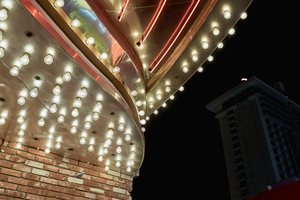
Photographs of Las Vegas Club signs, Las Vegas (Nev.), June 24, 2016
Date
Archival Collection
Description
Site name: Las Vegas Club (Las Vegas, Nev.)
Site address: 18 Fremont St
Sign owner: Las Vegas Club
Sign details: The Las Vegas Club originally opened on the opposite side of Fremont than it is today in the 1930's. It held one of the first few Neon signs on Fremont which was installed around ca.1930. In 1949 the Las Vegas Club reopened in its new location on Main and Fremont Street, and once held a large Baseball Hall of Fame. It has closed down in 2015 and demolition of the building began in 2017.
Sign condition: 4- Signage was working well and still had bright paint before the building had undergone demolition
Sign form: Pylon and architectural
Sign-specific description: They convey sports themes throughout their signs. There was a bronze-type sculptural baseball player. Large Neon and incandescent sign that wrapped around the whole building. Though above each entrance there is a plain graphic lettering with neon surrounding the letters.
Sign - type of display: Neon and Incandescent
Sign - media: Steel and bronze-type material (baseball player)
Sign - non-neon treatments: Sculptural element and incandescent
Sign animation: Flasher for incandescent
Sign environment: This location is on the north corner of Main and Fremont St. It is just north of the Golden Gate and across the street from the Plaza. It also had the Golden Goose, Glitter Gulch and Mermaids to the East of it.
Sign manufacturer: YESCO
Sign designer: Brian "Buzz" Lemming
Sign - date of installation: Circa 1960's
Sign - thematic influences: They convey sports/baseball themes within their signage which showcases the theme of their Baseball Hall of Fame.
Survey - research locations: Neon Museum Tour Hand book, Vintage Vegas http://vintagelasvegas.com/search/Las+Vegas+Club Images, Charles Barnard The Magic Sign.
Survey - research notes: The original Las Vegas Club in the 1930's had the tallest tallest sign in downtown Las Vegas until it was superseded by the Lucky Casino sign about a decade later.
Surveyor: Wyatt Currie-Diamond
Survey - date completed: 2017-09-02
Sign keywords: Architectural; Steel; Sculptural; Incandescent; Flashing; Neon; Bullnose
Mixed Content
Fred A. and Clara G. Monson Papers
Identifier
Abstract
The Fred A. and Clara G. Monson Papers (1860s-1976) consist of photographs, postcards, scrapbooks, greeting and sympathy cards, and documents related to Fred Monson's employment and the Monson's Las Vegas "Rock House" residence.
Archival Collection
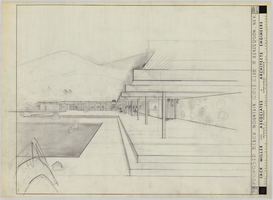
sod2023-002-003
Image
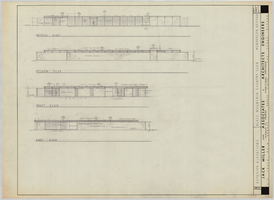
sod2023-002-004
Image
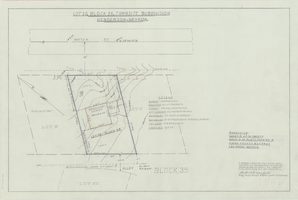
sod2023-002-005
Image
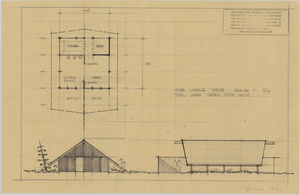
sod2023-002-006
Image
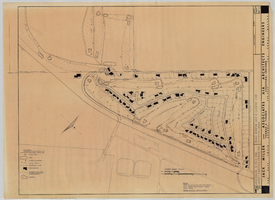
sod2023-002-007
Image
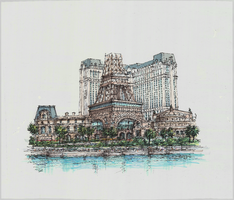
sod2023-008-002
Image
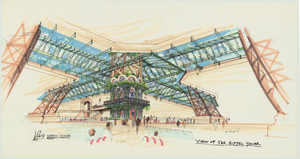
sod2023-008-003
Image
